How to Style African Suits for Men: From Weddings to Formal Dinners
Mens-Hami-African Print-Lightweight-Blazer-White Nautical Adire
African suits are redefining men’s formal fashion. From weddings to formal dinners, these bold and elegant outfits combine tradition with modern style. This guide explains how to style African suits, when to wear them, and key fashion tips to look confident and sophisticated at every special occasion.
Why African Suits Are Taking Over Men's Formal Fashion
The modern man demands clothing that speaks to who he is — bold, proud, and authentic. African suits for men perfectly match that spirit.
-
Unique Style: Rich fabrics, vibrant colors, and intricate embroidery make every outfit one-of-a-kind.
-
Cultural Pride: Wearing African formal wear is a celebration of heritage and craftsmanship.
-
Versatility: Whether it’s a black-tie gala, traditional wedding, or stylish dinner, there’s an African suit for every event.
As the world embraces diverse styles and narratives, African suits offer men a powerful way to dress meaningfully — and look incredible doing it.
Understanding the Different Types of African Suits
Not all African suits are created the same. Knowing the key styles helps you choose the perfect outfit for your event.
1. Agbada
A flowing, wide-sleeved robe worn over a matching tunic and trousers, popular in West Africa.
When to Wear: Traditional weddings, major ceremonies, and high-profile formal events.
2. Dashiki Suit
A dashiki top paired with matching tailored pants, often featuring intricate embroidery on the neckline.
When to Wear: Semi-formal weddings, cocktail events, cultural celebrations.
3. Senator Suit
A slim-fitting tunic with matching trousers, typically made from high-quality fabrics like brocade or cashmere blends.
When to Wear: Formal dinners, weddings, and office functions.
4. Kente Suit
Crafted with Ghanaian kente cloth, famous for its colorful woven patterns.
When to Wear: Cultural weddings, heritage events, or special occasions celebrating African pride.
Each style has its own flavor — from majestic and regal to sleek and modern. The key is matching the suit style with the tone of the event.
How to Style African Suits for Weddings
Weddings are a top occasion for African formal wear. Here’s how to get it right:
Choose Luxurious Fabrics
-
Brocade, jacquard, velvet, and silk blends offer richness and depth.
-
Avoid cheap synthetics that wrinkle or look flat under light.
Embrace Color
-
Jewel tones like emerald, royal blue, maroon, and gold are timeless for weddings.
-
Monochromatic looks (all one color) are trending for 2025 — especially in deep shades.
Accessorize with Elegance
-
Add a coordinating cap (like fila or kufi) for a complete look.
-
Statement rings, cufflinks, and pocket squares elevate your outfit without overpowering it.
-
Leather sandals or polished dress shoes complete the ensemble.
Fit Is Everything
-
Tailoring is non-negotiable. Even the most luxurious suit will fall flat without the right fit.
-
Make sure your trousers hit just above the shoe and your tunic fits snugly but comfortably.
Pro Tip: Bring your bride or wedding party into the color decision — coordinated outfits always photograph better.
Aadan Men's African Print Blazer (Midnight Teal Abstract)
How to Style African Suits for Formal Dinners
Formal dinners call for a more subtle, refined approach to styling African suits:
Stick to Subdued Colors
-
Deep navy, charcoal, black, and forest green suit the occasion.
-
Embroidery should be tasteful — think tone-on-tone or minimal metallic threads.
Mind the Accessories
-
Keep jewelry understated. A simple watch and slim cufflinks work best.
-
No hats unless explicitly part of the dress code.
Choose Sleek Footwear
-
Black leather loafers, oxfords, or monk straps are excellent choices.
-
Ensure shoes are polished — scuffed shoes downgrade even the best outfit.
Pro Tip: For formal corporate dinners, a well-tailored senator suit in a muted color is a perfect, distinguished choice.
Key Style Tips for Wearing African Suits Confidently
No matter the event, these universal styling rules will keep you looking sharp:
1. Invest in Custom Tailoring
Off-the-rack sizing often doesn’t do justice to the detailed cuts of African suits. Find a tailor familiar with African designs.
2. Understand Your Body Shape
-
Taller men can rock flowing agbadas with grandeur.
-
Shorter men may prefer fitted senator suits or dashiki sets for a sleeker silhouette.
3. Pay Attention to Grooming
A crisp outfit deserves a polished appearance. Keep facial hair neat, hair styled, and skin moisturized.
4. Choose Quality over Quantity
It’s better to own one immaculately crafted African suit than three mediocre ones.
5. Practice Wearing It
If you’re new to traditional African formal wear, wear your suit around the house a few times before the event. You'll get more comfortable moving and sitting gracefully in it.
Matching Your African Suit to the Occasion
Getting the right match between your suit and the event sets you apart effortlessly:
|
Occasion |
Recommended Suit Style |
Color Palette |
Accessories |
|
Traditional Wedding |
Agbada or Kente Suit |
Bold jewel tones |
Cap, statement jewelry |
|
Modern Wedding |
Senator or Dashiki Suit |
Deep, romantic tones |
Pocket square, sleek shoes |
|
Formal Dinner |
Senator Suit |
Neutral or dark tones |
Simple watch, leather shoes |
|
Cocktail Party |
Dashiki Suit |
Vibrant prints |
Minimal accessories |
Common Mistakes to Avoid
Even the best-dressed men can fall into fashion traps. Here's what to watch out for:
-
Overdoing Accessories: Let your suit be the star.
-
Neglecting Footwear: Sloppy shoes ruin formal outfits.
-
Ignoring Fabric Quality: Thin or synthetic fabrics can look cheap fast.
-
Poor Fit: Always tailor your suit for a sharp, clean silhouette.
-
Clashing Prints: If mixing prints, keep one piece neutral to avoid visual overload.
Avoid these pitfalls, and you’ll always look intentional and confident.
FAQ
Can I wear an African suit without traditional accessories?
Yes. While traditional hats and jewelry enhance the look, you can style African suits in a minimalist way for a modern, sleek appearance.
What colors are best for African suits at weddings?
Rich jewel tones like emerald, gold, and burgundy work beautifully. Matching the color theme of the wedding is also a thoughtful touch.
How formal is a dashiki suit compared to a senator suit?
Dashiki suits are slightly more casual but can still be formal with the right tailoring and accessories. Senator suits tend to be more traditionally "formal" in style.
Can African suits work for Western-style black-tie events?
Definitely. Choose a tailored, darker-toned African suit with minimal embroidery and sleek dress shoes for a respectful, stylish black-tie look.
Conclusion
African suits for men are more than clothing — they’re a statement of pride, sophistication, and personal style. From grand weddings to intimate formal dinners, knowing how to style these unique suits empowers you to stand out for all the right reasons.
By choosing the right fabric, mastering your fit, and styling thoughtfully, you’ll not just attend the event — you’ll own the room.
Ready to elevate your wardrobe? Explore African formal wear today and bring unmatched style and culture to your next big occasion!

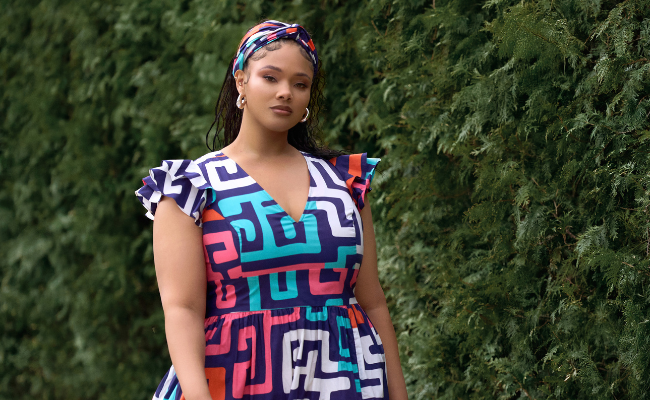
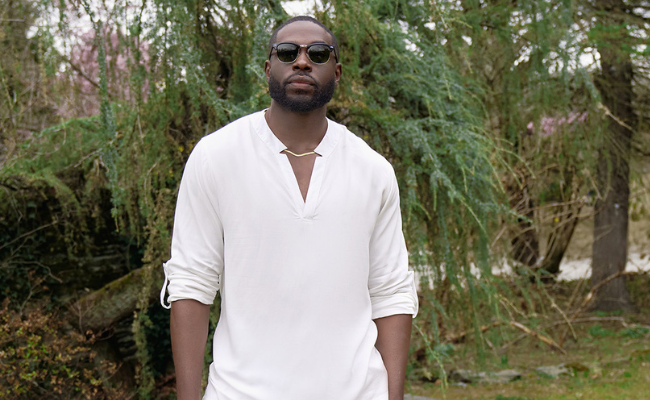
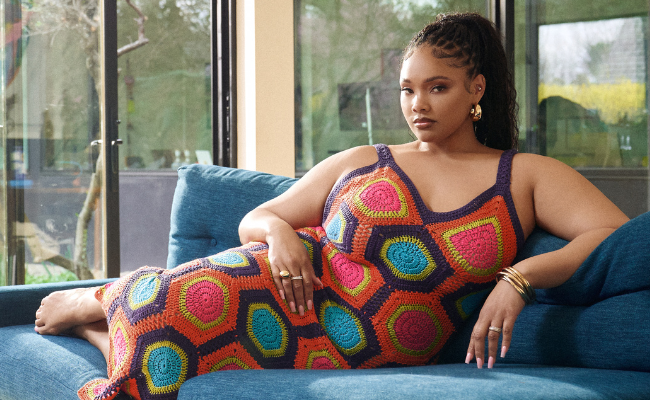
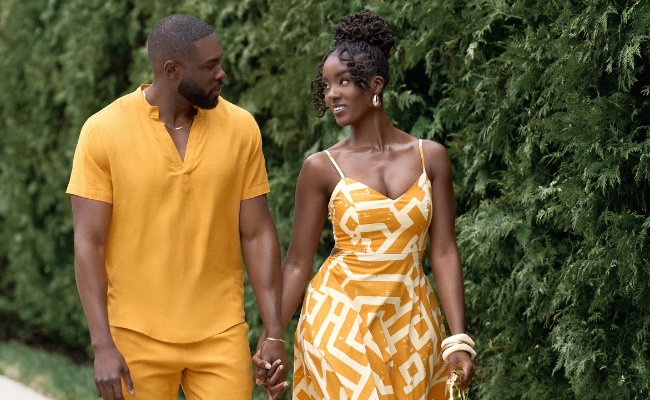
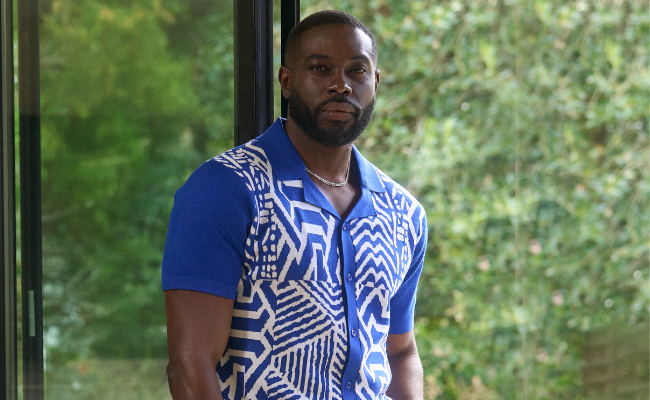
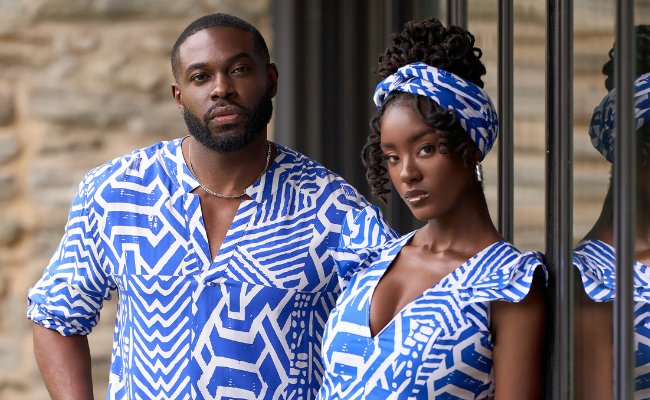
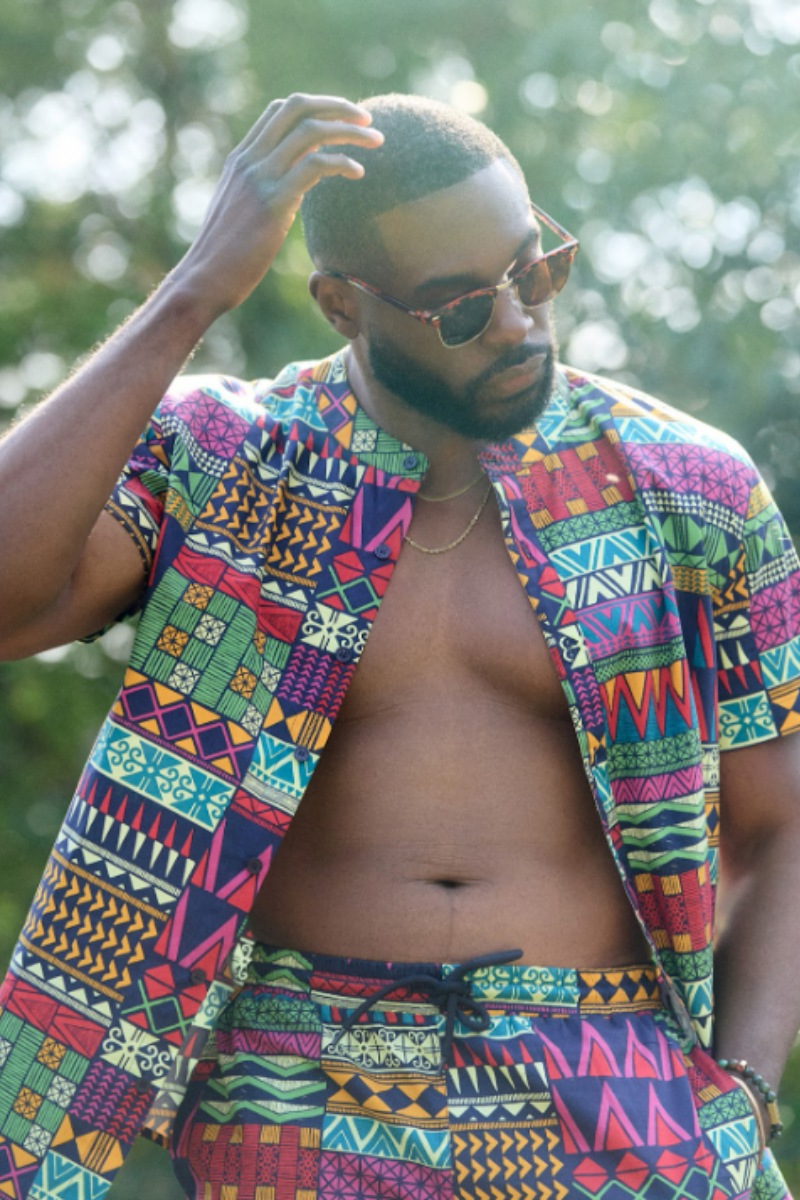
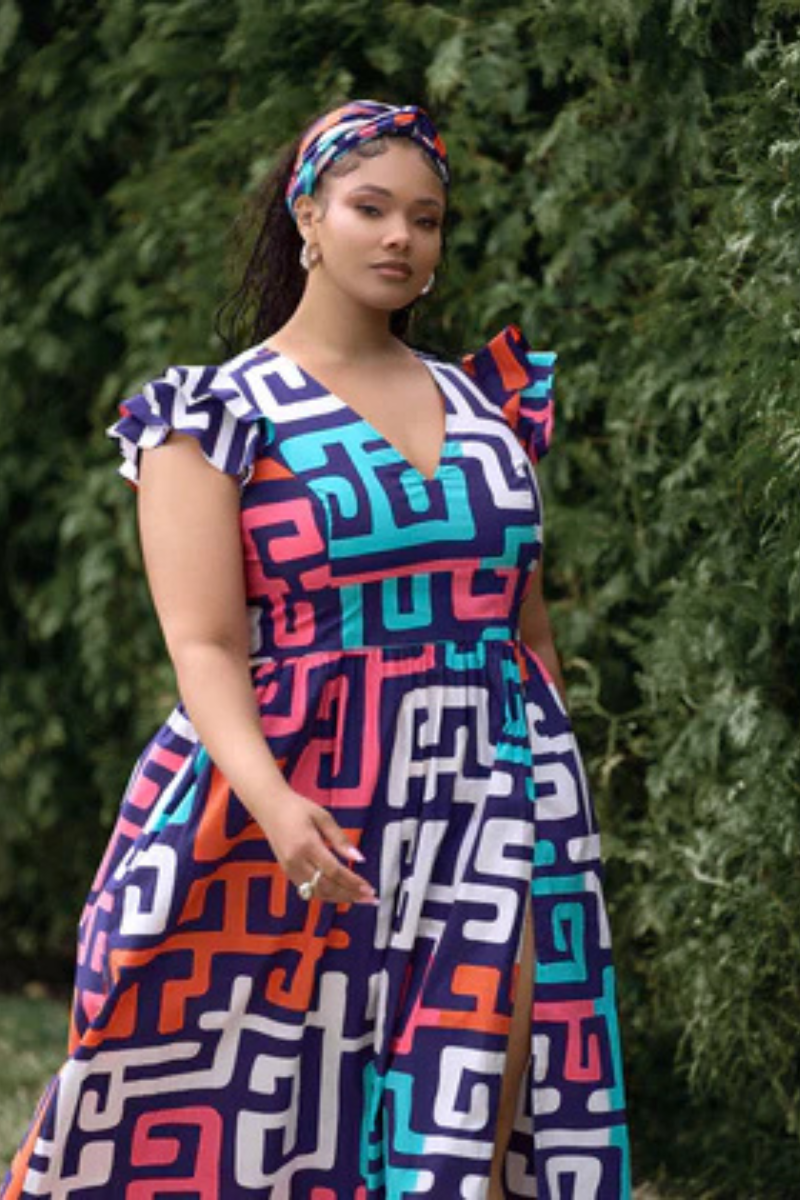











Leave a comment
This site is protected by hCaptcha and the hCaptcha Privacy Policy and Terms of Service apply.